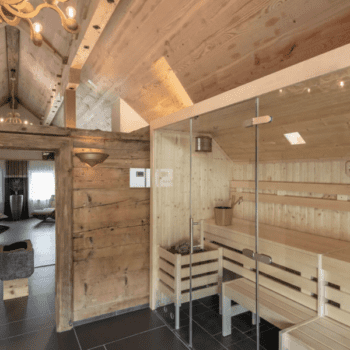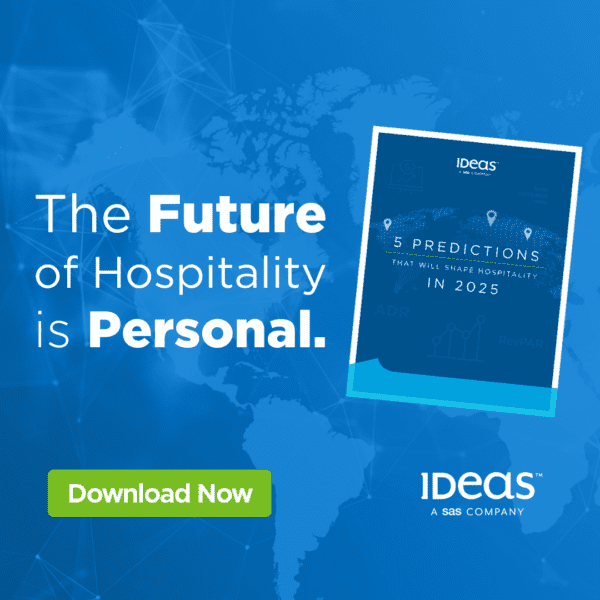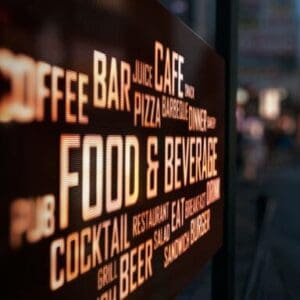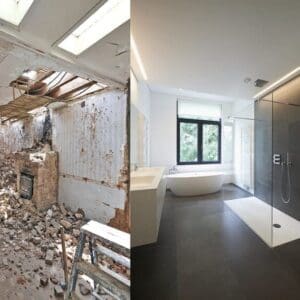
The term ‘optimization’ is often misused. Whereas maximization means boosting everything to the highest level, optimization embodies the strategic use of metrics to drive the best possible business improvement. Therein, it also entails making critical tradeoffs and allocating limited resources to specific goals over others. In the complex and multifaceted world of hospitality, hoteliers face an overwhelming array of data points, partners and siloed interests – made all the more complex with modern systems and data lakes with too many raw numbers for the human mind to compute. To navigate this complexity and make informed, strategic decisions, hotel owners and general managers must carefully select and prioritize KPIs that align with their overarching objectives.
Determining which KPIs to focus on is no simple task, especially as hotel operations expand to include various profit centers like wellness facilities. These additions are often essential for boosting occupancy and diversifying revenue streams beyond the traditional heads-in-beds model. Leveraging business intelligence (BI) and machine learning (ML) tools becomes crucial in deciphering these complex operations and guiding optimization efforts.
Per the title, we argue that length of stay (LOS) is the KPI to optimize for because it’s the best driver of overall business growth. And to achieve gains in LOS, thoughtful expansion of a hotel’s wellness programming is a surefire path to enhanced profitability. Now on to the Swiss example that shows this relationship in action…
In preparation for his keynote appearance at Forum HOTel&Spa on May 30th in Paris, we spoke with Hans-Peter Veit, Director of Spa & Recreation at Appenzeller Huus Gonten in Switzerland. Veit shared his insights on LOS should be the primary KPI for hotel leaders considering significant capital expenditures for new wellness assets.
An admirable career in luxury hospitality
Understanding Veit’s emphasis on LOS requires an appreciation of his extensive experience in luxury hospitality. Veit’s career began in 1999 as a personal trainer at Brenners Park-Hotel & Spa, a historic five-star property in Baden-Baden, renowned for its wellness focus since 1834. After two years, he transitioned into spa management, remaining at Brenners Park for over 17 years. Veit later served as the Director of Spa Development for the Oetker Collection, overseeing new spa constructions and the design of wellness packages.
Veit’s career also includes roles as the Director of Spa at Victoria-Jungfrau Grand Hotel & Spa in Interlaken and the Director of Spa & Wellbeing at Grand Resort Bad Ragaz, before joining Appenzeller Huus Gonten in January. His extensive background offers valuable insights into the operational challenges and strategic considerations necessary for optimizing wellness facilities in luxury hotels.
Insights from luxury hotel management
The properties Veit has managed represent the zenith of destination spas, characterized by meticulous attention to detail and periodic renovations to maintain their prestigious brands. These hotels often welcome the same guests year after year, who return because of exceptional service and highly personalized experiences – personalization that gets better and better with each guest stay.
A critical aspect of delivering this high level of service is maintaining a consistent and motivated team. Exceptional service reduces customer acquisition costs as returning guests book directly, stay longer, and spend more on ancillary services, thus increasing total revenue per guest (TRevPAR). Longer LOS not only boosts topline revenue but also reduces operational costs associated with more frequent check-ins and check-outs.
Veit’s tenure at these luxury brands highlights the importance of optimizing for LOS. He has observed that delivering five-star wellness experiences requires every team member to perform at their best, necessitating balanced work schedules to prevent burnout. By prioritizing quality over quantity in service delivery, hotels can foster guest loyalty and encourage repeat visits, driving up LOS and, consequently, overall profitability.
Guiding an ambitious resort development
Appenzell Innerhoden is the place of Veit’s latest project: a full-fledged expansion of Appenzeller Huus Gonten. This low nine-figure development aims to transform the 25-room hotel into a premier alpine spa village, featuring 80 hotel keys and 42 branded residences, each with dedicated spa amenities. The growth of wellness tourism to the country and to this particular district – along with other recent examples of success such as The Chedi Andermatt which first opened in December 2013 – became the impetus for Veit’s current role helping oversee the Appenzeller Huus Gonten’s expansion, turning the hotel into its own quintessentially Swiss alpine spa village.
The project, designed by GOCO Hospitality, emphasizes a quintessentially Swiss experience, integrating natural elements and historic materials. Central to this development is the provision of high-quality staff accommodations, a significant upfront investment deemed essential for attracting and retaining top talent in a rural location. This approach ensures long-term property health by fostering employee satisfaction and loyalty, which in turn enhances guest experiences and increases LOS.
Modern wellness centers require specialized staff and high-tech equipment to offer unique and compelling experiences that drive LOS. Appenzeller Huus Gonten’s three-story wellness facility will feature advanced treatments and luxurious amenities, all set in an inviting, natural environment. By investing heavily in the spa, Veit aims to draw guests who are willing to pay a premium for exceptional wellness experiences, thus boosting hotel occupancy and LOS.
In this design process, Veit has emphasized that full-service hotels must move beyond siloed thinking. Spas should not solely focus on their own profitability but on how they contribute to the overall guest experience and loyalty. This holistic approach ensures that all aspects of the hotel work in harmony to enhance guest satisfaction and drive longer stays.
To unify efforts around a common objective, hotel leaders must be sincere and transparent in their vision, aligning all team members towards achieving these goals. Optimizing LOS as a primary KPI not only boosts immediate revenues but also builds a loyal guest base, ensuring long-term business success. As Veit aptly summarizes, “By focusing on LOS, we ensure that everyone, from the owner to the front desk clerk, is contributing to the long-term health and profitability of the property.”
This article may not be reproduced without the expressed permission of the authors.




















